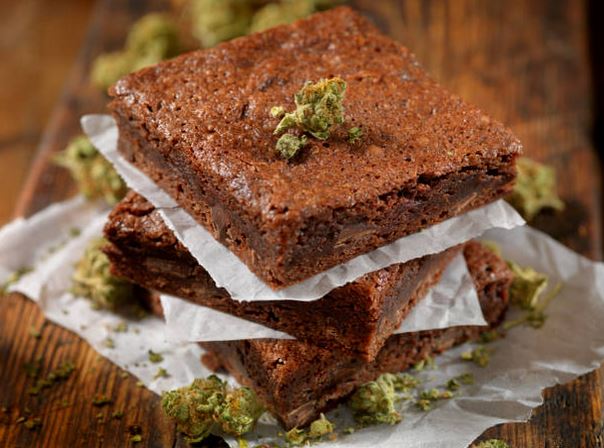
Wednesday night, and without public announcement, the Florida Department of Health, which oversees medical marijuana, published a new set of rules that will allow marijuana dispensaries to sell edible marijuana.
The new rules take effect immediately.
The health department was able to set forth the new rules due to a 2017 law which gave the Department the authority to do so.
The new rule comes months after the Marion County Sheriff’s Office attempted to convince the pubic that edible marijuana could cause seizures.
Companies that produce edibles will be required to possess a food permit. The permit could cost as much a $650.00.
Guidelines
Edibles shall be one of the following shapes (including the three-dimensional form of each shape):
- Square
- Circle
- Rectangle
- Triangle
- Parallelogram
- Oval
- Diamond
Edibles shall be in one of the following forms:
- Lozenges — For purposes of this rule, a “lozenge” is a hard edible that is held in the mouth and slowly dissolved
- Gelatins — For purposes of this rule, a “gelatin” is a semi-translucent edible made with water-soluble protein derived from collagen or a plant-based alternative
- Baked goods — For purposes of this rule, a “baked good” is an edible comprised of dough or batter baked in an oven by the MMTC (cakes, brownies, cookies, candies)
- Chocolates — For purposes of this rule, a “chocolate” is a solid edible made of milk chocolate, dark chocolate, or chocolate substitute such as carob. Chocolates may not contain any caramel, nougat, nuts, fruit, honey, marshmallows, or any other such ingredient, toppings, or fillings
- Drink Powders — For purposes of this rule, “drink powder” is an edible comprised of powder which is combined with a fluid for consumption as a beverage by a qualified patient
In the case of multi-serving edibles, each single-serving portion must be physically distinct or clearly marked or delineated in a way that enables a reasonable person to determine the portion of the entire edible that constitutes a single serving. If the single-serving portion is not physically distinct, it must be easily separable in order to allow the qualified patient to physically separate, with minimal effort, the single-serving portion.
An MMTC shall not produce or dispense any edibles that:
- Contain any color additives, whether natural or artificial
- Contain or bear a reasonable resemblance to commercially available candy. For the purposes of this rule, a product bears a reasonable resemblance to commercially available candy if the product is similar in appearance to an existing candy product that is familiar to the public as a widely distributed, branded food product, such that the edible could be mistaken for the branded product, especially by children
- Bear any markings, symbols, images, graphics, or words, other than the universal symbol, as described herein
- Are decorated with icing, sprinkles, or other toppings of any kind
- Are a primary or bright color. Edibles shall be produced in a manner to minimize color intensity and other color and visual characteristics attractive to children.
So far, according to a press release, Agriculture Commissioner Nikki Fried’s office has authorized four of the state’s medical-marijuana operators to begin manufacturing edible products.
Some law enforcement agencies have already taken to Facebook to express their dismay. Some claiming it will make their jobs harder.
Dispensary owners say they expect sales to increase by 20 percent or higher.
